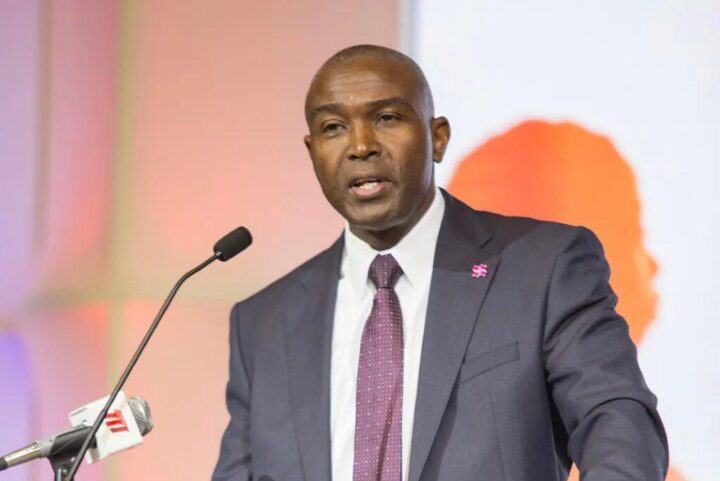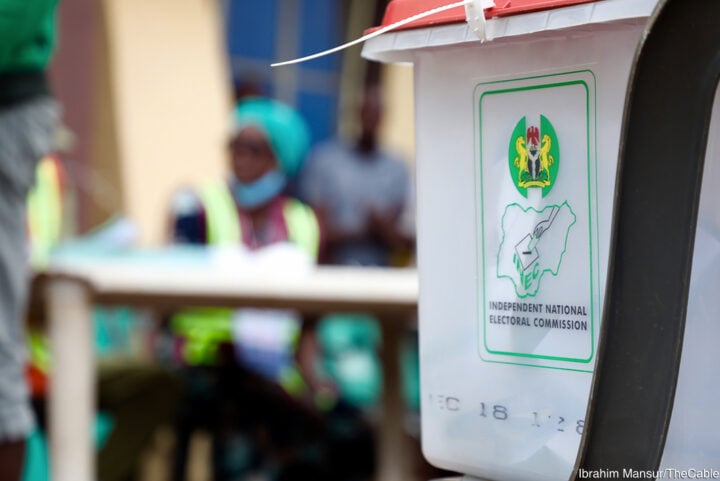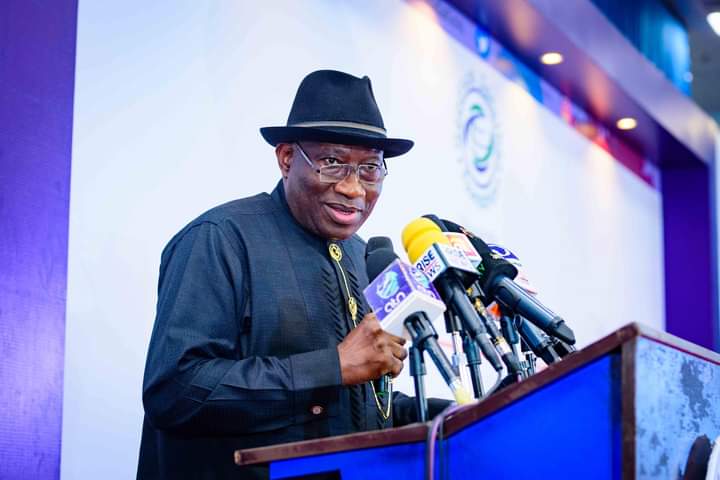Nigeria Liquefied Natural Gas (NLNG) Limited says the federal government should adopt a phased removal of kerosene subsidy as a reform in the oil and gas sector.
Philip Mshelbila, chief executive officer, NLNG, said this on Thursday while speaking at the 35th annual general meeting of the Nigerian Association of Liquefied Petroleum Gas Marketers (NALPGAM) in Port Harcourt, Rivers state.
He also said the energy sector needs government policies that are suitable for gas pricing.
“I think that we need some favourable government policies concerning LPG pricing. We need a utilisation policy that encourages the deepening of this market. The government will need to adopt a phased removal of kerosene subsidies,” he said.
Advertisement
“We all know the challenges that subsidies provide as a whole.”
According to Mshelbila, the Nigerian LNG Limited has kept faith with its commitment last year to supply all the liquefied petroleum gas (LPG) it produces into the domestic market, but some other producers are exporting their own products, contributing to the scarcity at home.
“When we made that commitment last year, the intention was that every molecule of butane and propane that we produce in our facility will come into the domestic market, and since then, we have made every effort to keep to that since January 2022,” he said.
Advertisement
“We have been successful in achieving supply of 100 percent of our butane production. We have not been able to reach 100 percent with propane, not because we don’t want to, but because the market capacity to absorb the propane is just not there.
“We intend that all the butane and all the propane that we produce goes into the domestic market whether propane is being used to blend with butane as cooking gas, used as autogas, or used in industry to generate power.”
Mshelbila said NLNG’s entire production of 400,000 tons per annum — about 40 percent of the current national demand — is being supplied into the local market while the balance has to be imported.
“Our production capacity as NLNG can supply about 400,000 tons per annum which is somewhere roughly about 40 percent of the current national demand. This means that the balance has to be imported.
Advertisement
“Last year, we supplied about 400,000 tons per annum into the Nigerian market. But we did that under extremely difficult circumstances where our
gas supply into our plant was heavily compromised by numerous upstream factors, the single biggest one of which is crude oil theft.
“And as a result of the disruption that this created, our capacity utilisation fell. Unfortunately, that remains the case today. If we have more gas input to our plant, we can produce more LPG.
“So the issue of supply for us starts with addressing the upstream supply challenges, the biggest of which is crude oil theft.”
Advertisement
Add a comment







